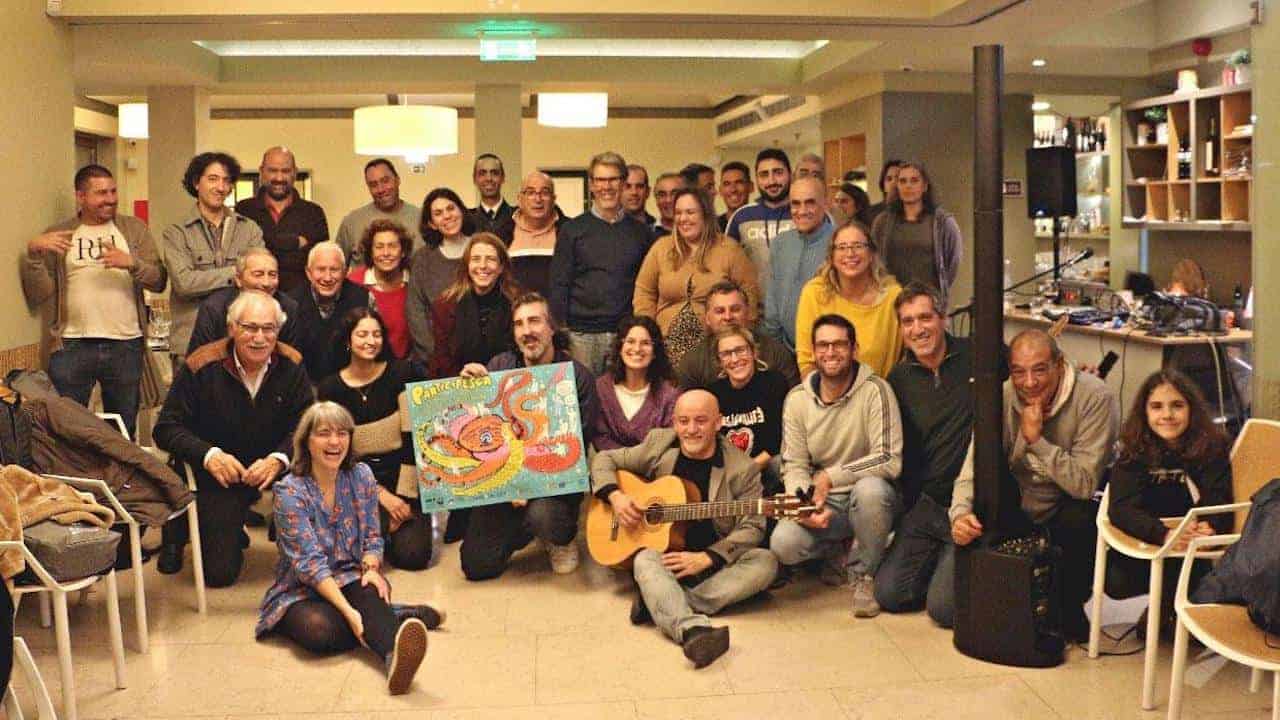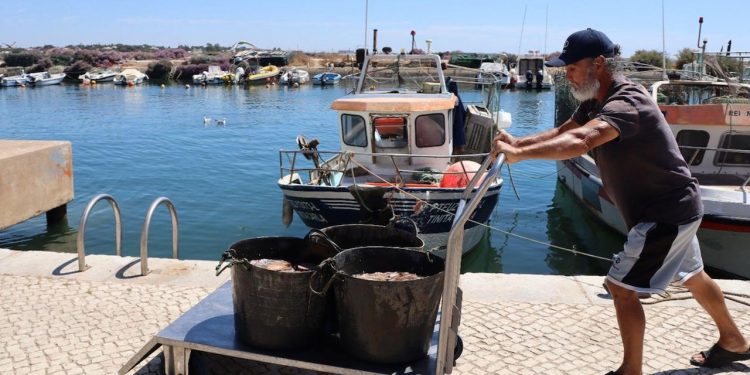Octopus is a species that doesn’t come under EU regulations, so its management is down to individual member states – which can make sustainable management problematic, not least in regions such as the Algarve which have a high reliance on octopus fisheries.
The ParticiPESCA project has recognised this and set out to apply participatory co-management for octopus fishing in the Algarve. The goal of the project is to promote the sustainable management of the species and the related fishery, including its environmental, economic, and social aspects.
The recognition that the fishing industry faces pressing challenges and that it needs a more inclusive, collaborative decision-making model is the driving force behind this EU-funded project.

Local fishermen are at the forefront of the initiative. They believe that participatory co-management can help them secure the future of their trade and ensure the long-term health of the marine ecosystem.
‘From my point of view, this is a very interesting project to be part of. I am concerned about the environment, stock balance, and the income of those who work. All of this needs a path. ParticiPESCA can be that path,’ said Manual João Prudêncio, of the Associação de Pescadores de Armação de Pêra.
Traditionally, fisheries management is centralised, with decisions made solely by government authorities. Consequently, scientists and other stakeholders often do not have enough say in those decisions.
By promoting participatory co-management, ParticiPESCA aims to change this approach. The project brings together a diverse range of stakeholders, including 15 fishermens’ associations (representing over 700 local fishers from the region), government agencies, scientific experts, civil society organisations and the commercial sector.
The three key elements of the ParticiPESCA project start with establishing a co-management committee representing all the different stakeholders. The committee is a platform for collaborative decision-making in the management of octopus fishery, that ensures that all relevant perspectives are considered.
In adddition to this, as data on the octopus fishery is scarce, ParticiPESCA monitors the octopus population to assess its health and any potential changes. The project also evaluates fishing practices, such as fishing locations, duration, socio-economic aspects and other factors.
The third element is a comprehensive, science-based management plan. this outlines sustainable fishing practices, conservation measures, and strategies to balance ecological and economic interests. The emphasis is on data-driven decision-making and adaptive management that can be transplanted to other fisheries to create a balance between ecological conservation and the economic well-being of local communities.
Through the joint efforts of fishers, scientists, policymakers, and society, the project aims to secure a future where octopus fishing in the Algarve can thrive in harmony with the marine environment, benefiting both the livelihoods of local fishers and the ecological health of our oceans.
ParticiPESCA is led by ANPlWWF (Associação Natureza Portugal in association with WWF), in partnership with IPMA (Portuguese Institute for the Sea and Atmosphere), CCMAR (Centre of Marine Sciences), and the US Environmental Defense Fund.









